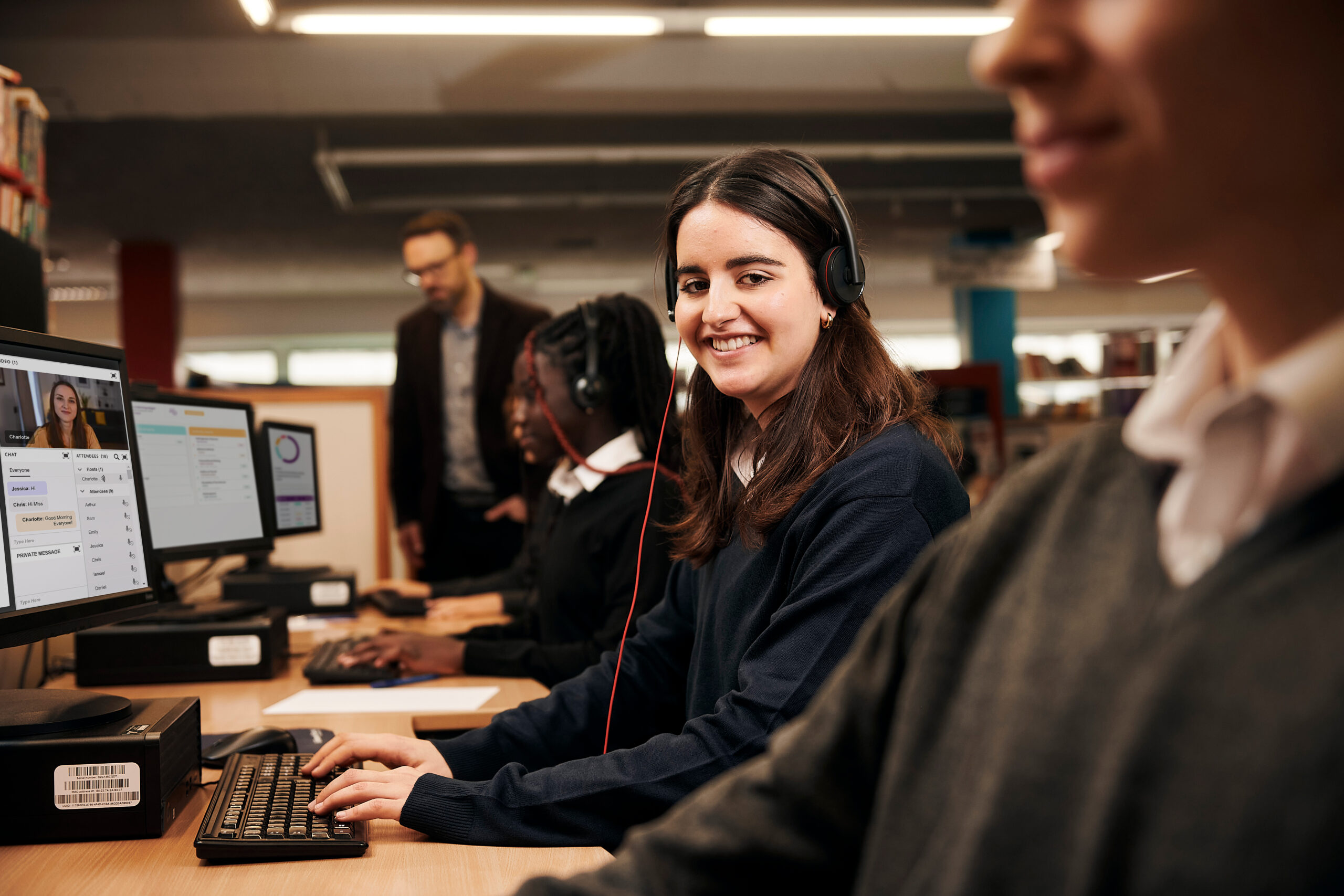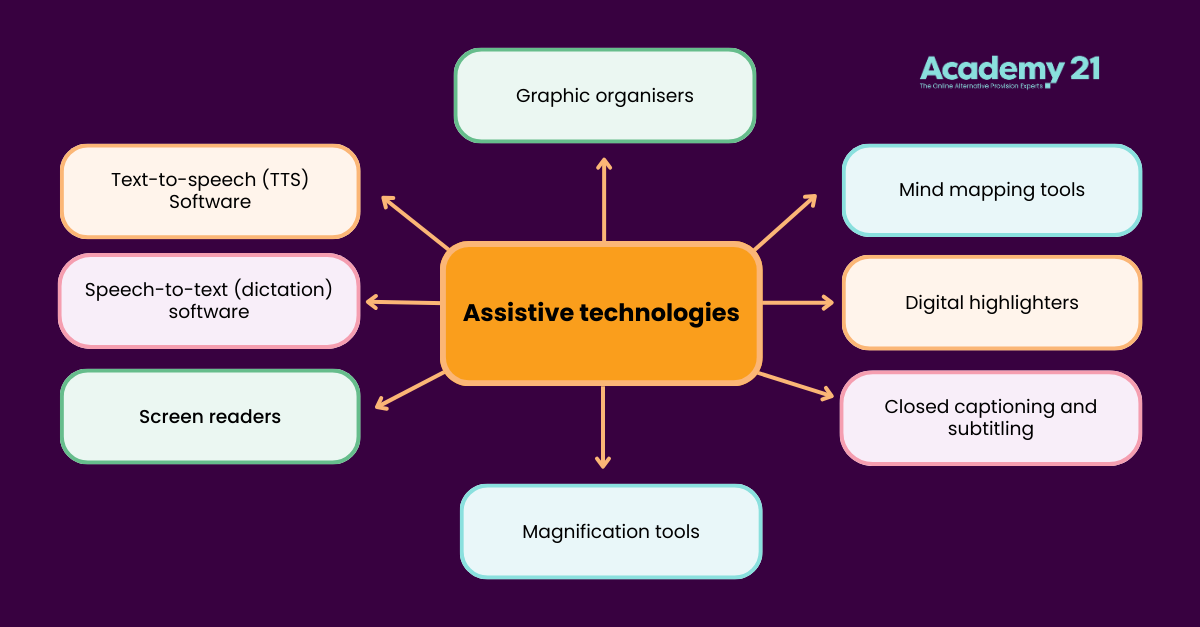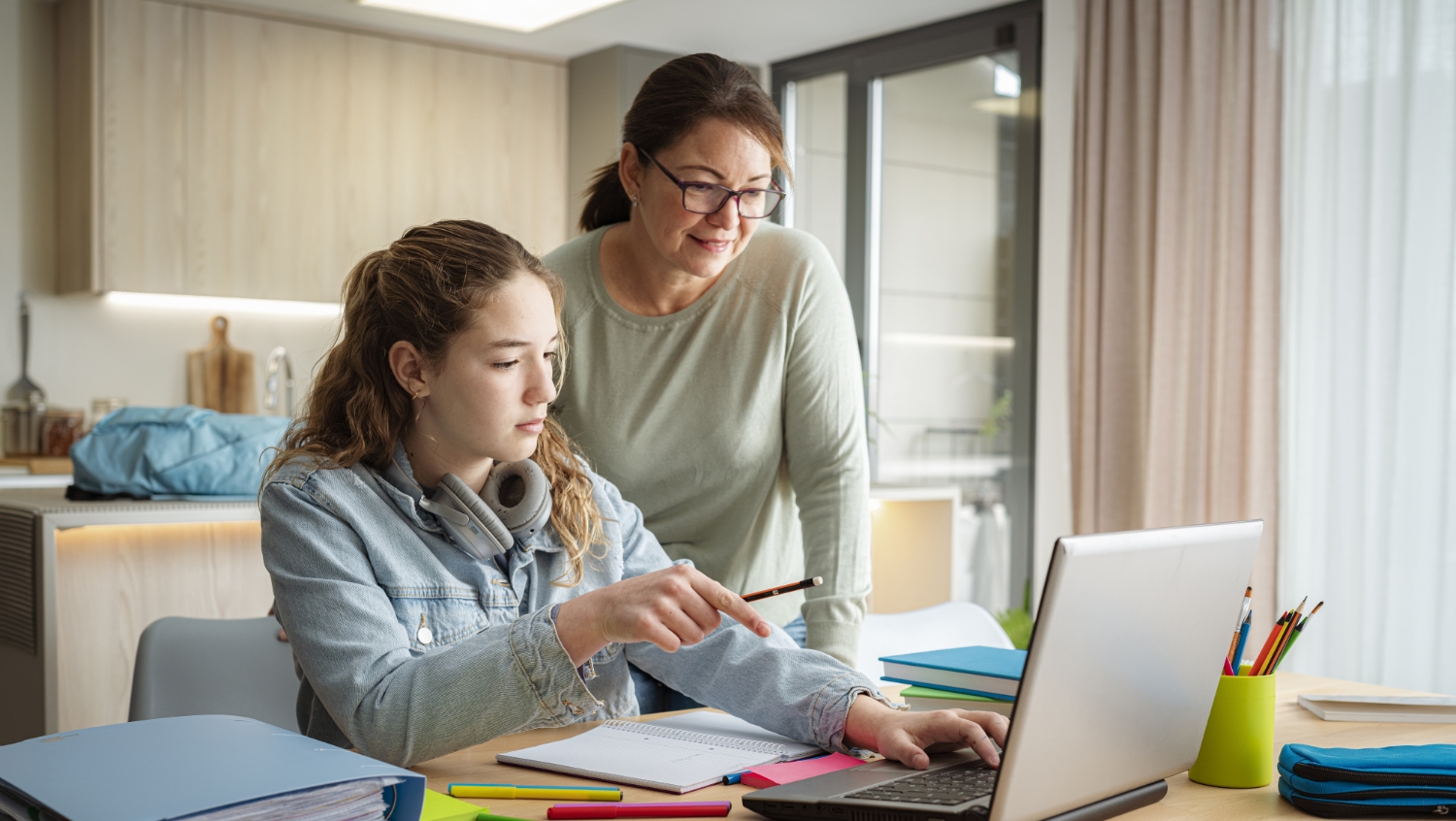AP in schools: Why alternative provision in schools is evolving

Identifying what truly works in alternative provision in schools (AP) is deeply interesting. With increasing pressures on resources, rising student needs, and more complex learning environments, finding practical solutions matters now more than ever.
While AP has historically received less attention than other educational priorities like curriculum design or behaviour management, that is beginning to change. Schools, parents, and policymakers increasingly recognise the importance of effective alternative provision in schools. When done well, AP supports vulnerable students and benefits families and communities.
At its core, understanding what works in AP is both an educational and social mission. It can help schools manage costs, improve student outcomes, and build best practices for supporting young people who struggle in traditional settings.
Remote options for AP in schools
Remote learning is playing an increasingly important role in alternative provision in schools. At Academy21, we understand AP through a dual lens of education and social impact. Our experience shows that many principles of successful physical AP can also be applied to online settings.
This is why thousands of school leaders are turning to remote alternative provision in schools to support their students. The flexibility, capacity, and adaptability of online AP make it a powerful option for schools and students facing unique challenges.
AP in schools: Why schools choose remote alternative provision
School leaders often seek remote alternative provision in schools after making every effort to support a student within a physical setting. Despite a strong commitment to inclusion, mainstream schools sometimes need extra support to meet a young person’s needs.
For students like Holly, who faced severe health issues during her GCSEs, remote AP was a lifeline. It allowed her to continue learning while managing her health, ultimately helping her transition back to mainstream education.
Here are some key reasons why remote AP is proving effective:
1. Solving capacity challenges
Early intervention is essential in alternative provision in schools. However, delivering early support at scale remains a challenge. Schools, local authorities (LAs), and regional bodies often lack the resources to provide timely intervention for every student who needs it.
Remote AP offers a practical solution to these capacity challenges. With online provision, there are no long waiting lists. At Academy21, subject-specific teachers are ready to deliver high-quality instruction to students with various additional needs.
Remote alternative provision in schools can be implemented quickly—sometimes within days—and scaled up or down to match fluctuating demand. This allows schools to access additional support without overstretching their existing resources.

2. Forming partnerships and strengthening resources
Effective alternative provision in schools relies on collaboration between schools, trusts, LAs, and AP providers. Schools bring deep knowledge of their students and local context, while online AP providers offer expertise in delivering flexible, high-quality remote education.
By partnering closely, schools and online providers can:
- Address individual student needs more effectively.
- Develop tailored intervention strategies.
- Create a shared vision for student success.
For instance, where a school deeply understands a student’s challenges, an online AP provider like Academy21 can offer flexible learning solutions to help overcome those challenges. This collaborative approach builds capacity and improves outcomes for vulnerable students.
3. Offering a new level of flexibility
One of the key advantages of remote alternative provision in schools is flexibility. Physical interventions often face timetables, staffing, space, and transport constraints. These limitations can delay the support that students desperately need.
Online AP overcomes these challenges by design. For example:
- Flexible scheduling: Live online lessons can be scheduled around a student’s needs or other support services. This allows students to learn when they are most focused and receptive.
- Hybrid learning: Students can combine online learning with in-person support at school, easing their reintegration into mainstream education.
- Recorded lessons: All sessions are recorded, allowing students to review lessons at their own pace.
This flexibility means students can access consistent, high-quality education regardless of their circumstances. Whether a student is recovering from a mental health crisis, dealing with persistent absence, or facing other challenges, remote alternative provision in schools offers a versatile and reliable solution.
4. Personalised support through technology
Online AP platforms offer unique opportunities for personalisation. For example:
- AI tools: Adaptive learning pathways can be tailored to students’ strengths and weaknesses, fostering inclusion in education.
- Assistive technologies: Text-to-speech software and digital note-taking support students with specific learning needs.
- Interactive tools: Features like polls and quizzes encourage active participation and provide ongoing assessment.
These digital solutions create a safe and predictable learning environment, helping students build confidence and achieve success.

5. Adaptability in teaching methods and class formats
Adaptability is a cornerstone of effective alternative provision in schools, and online AP excels in this area. Remote learning platforms like Academy21 use adaptive teaching practices to personalise each student’s learning experience.
Our live and adaptive teaching allows teachers to:
- Build meaningful relationships with students.
- Assess learning in real-time and adapt instruction accordingly.
- Motivate and support students through personalised feedback.
Research supports the importance of effective teaching in improving student outcomes. The Education Endowment Foundation (EEF) also highlights that great teaching is the most powerful lever for improving pupil outcomes. Remote alternative provision in schools consistently delivers this level of teaching, ensuring that students receive the support they need to thrive.
The future of alternative provision in schools
The landscape of alternative provision in schools is evolving, and remote learning will play a critical role. Online AP helps schools more effectively support their most vulnerable students by offering capacity, flexibility, and adaptability.
Whether a student needs short-term intervention, a hybrid learning approach, or a personalised learning pathway, remote alternative provision in schools offers a powerful and versatile solution. With the right strategy, tools, and partnerships, online AP can transform student, family, and community outcomes.
Our experience integrating AP in schools at Academy21
At Academy21, we’ve seen firsthand how remote alternative provision in schools can make a real difference. By collaborating with schools and using innovative technology, we’re helping students reconnect with learning, build confidence, and achieve their potential.
As alternative provision in schools continues to evolve, remote learning will remain valuable for supporting students who need it most. By understanding the key traits of effective online AP—capacity, flexibility, and adaptability—schools can provide the support their students need to succeed.
With a commitment to collaboration, innovation, and personalised learning, remote alternative provision in schools offers a brighter future for students who struggle in traditional settings.
Contact us today to learn more about our variety of short and long-term solutions for young people with a range of complex needs.



